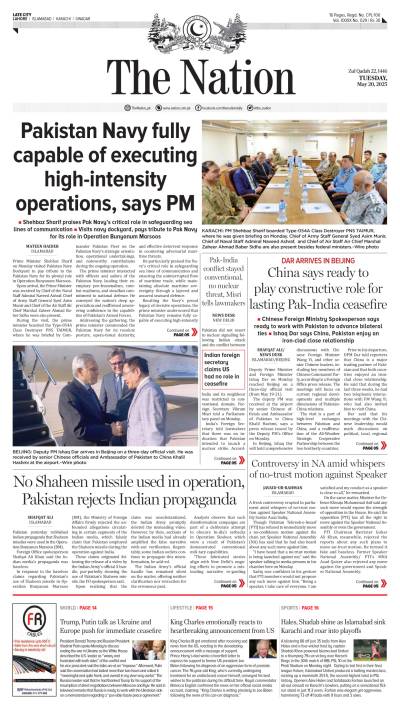In addition to all the problems our country is facing there is another one which is being ignored by us at present but which poses a threat in the future. It is the easy availability of medicines at medical store which can harm the people’s health. Anyone can go and get the medicine he wants without proper prescription by the doctor. Even if these medicines do not have any effects now, they might have adverse long term effects. Studies have shown that the overuse of painkillers has lead to bone marrow suppression which may lead to anemia that is the reduced level of blood or hemoglobin in the body because bone marrow is responsible for forming blood cells. Moreover, ‘aspirins’ have become so common today that we use them regularly to relieve pain and fever but it is only known by few that it can prove fatal for children in viral infections.
The only solution to this problem is a strong check on medical stores not to sell medicines to anyone without a doctor’s prescription. Obviously, no one will want to waste their money on visiting a doctor if he could get medicine easily from a store. Pakistan Council of Scientific and Industrial Research (PCSIR) was the first scientific institution of the country established in 1953. It’s function under an act of Parliament since 1973, is to promote an environment conducive for scientific research and technological development in Pakistan and to provide support to public and private institutions. It shared scientific information with other R&D institutions and was a source of guidance to the industry by providing consultancy for the economic growth for most of its existence. It helped post graduate students in their research work from universities all over Pakistan.
Sadly, today this council is standing at the verge of demolition, the total number of scientific and technical staff is 1509, on the other hand the strength of the administrative staff is 1096. For every 1.37 technical staff members, there is one administrative person in PCSIR. This makes it more of a bureaucratic setup rather than a research organization. The facilities in PCSIR laboratories are disintegrating rapidly. There is no repair and maintenance program for the research equipment worth billions, which have been in a state of disrepair for years, there seems to be more budget allocation for administrative staff then for the research or equipment.
The libraries lack latest books and journals, and are also denied the facilities of a digital library, without which researchers cannot stay abreast with new technological advancement in the rest of the scientific world. PCSIR’s scientific and technical staff is the lowest paid at the federal level as compared to employees of other public sector institutions with a similar mandate. Even public sector universities have the criteria of granting one scale up, i.e. a fresh lecturer is appointed in BPS-18. The 20 percent increase in salary announced by the Government in the Federal budget 2012 has not been implemented for the PCSIR technical staff. Delays in disbursement of pay and pensions have become a routine matter. Salaries of the staff are released on or after 15th of each month thus benefiting top echelons of the PCSIR who connive to extract accumulated interest from the banks for the period after the 1st of each month.
The higher authorities of PCSIR have secretly formulated new service rules 2012, which are in the process of approval and will repeal the existing service rules, to the detriment of its employees. The deliberate design to reduce the activities of an erstwhile national scientific asset and a research institute to the level of a ‘glorified testing lab’ is criminally negligent; PCSIR has long lost and forgotten the activities necessary for a scientific research institution. The government should act immediately by setting up an inquiry team of parliamentary committee level to investigate thoroughly the reality behind the scene; otherwise there is imminent danger of this once premier scientific research institution meeting its inevitable demise in the near future.
ENGR.SYED NAJAM UDDIN,
Multan, November 12.
Wednesday, May 21, 2025
PCSIR only a ‘glorified testing lab’
5:43 PM | May 20, 2025
-
Lahore emerges among safest global cities in Numbeo 2025 index
-
Lahore emerges among safest global cities in Numbeo 2025 index
-
India’s suspension of Indus Water Treaty legally baseless
-
Seventh polio case reported in Pakistan amid nationwide vaccination drive
-
Pakistan reports sixth polio case of 2025
-
PTA begins issuing VPN licences to regulate usage
The Wider War
May 20, 2025
Margalla on Fire
May 20, 2025
Defeated and Depressed
May 20, 2025
Regional Reset
May 19, 2025
Peak Potential
May 19, 2025
Golf or Water
May 21, 2025
Performing CPR
May 21, 2025
Lack of Sign Language Teaching
May 21, 2025
State of War & Public Awareness
May 21, 2025
Indian Attack
May 21, 2025
ePaper - Nawaiwaqt
Nawaiwaqt Group | Copyright © 2025





